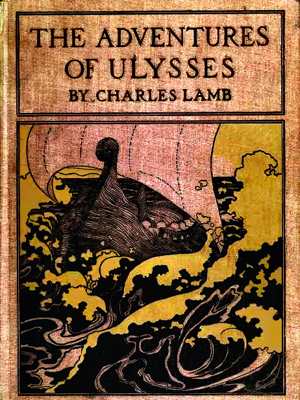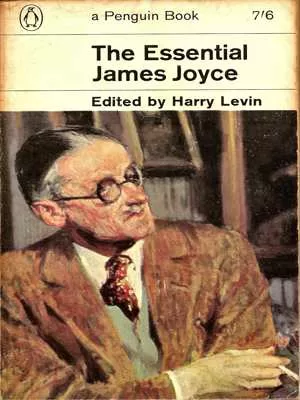Every year on June 16th, literary enthusiasts around the world celebrate Bloomsday, a unique cultural event that honors the life and works of James Joyce. This day, named after the protagonist Leopold Bloom in Joyce’s novel Ulysses, commemorates the day in 1904 when the events of the novel unfold and also marks the date of Joyce’s first outing with his future wife, Nora Barnacle.
What started as a modest celebration in 1954 has now blossomed into a global phenomenon, with readings, reenactments, and festivities that pay tribute to one of literature’s most complex and celebrated works.

The Origins of Bloomsday: A Literary Pilgrimage
Bloomsday was first celebrated in 1954, marking the 50th anniversary of the day on which Ulysses is set. The inaugural event was quite the spectacle: four writers—John Ryan, Anthony Cronin, Flann O’Brien, and Patrick Kavanagh—along with Joyce’s cousin, Tom Joyce, hired two horse-drawn cabs and embarked on a boozy, meandering journey through Dublin.
Their aim was to follow the path taken by the novel’s characters, but the event was more about celebrating Joyce’s genius (and enjoying a few pints) than strict literary fidelity. The pilgrimage ended prematurely in Ryan’s pub, The Bailey, as the group became too inebriated to continue.

Despite its chaotic beginnings, Bloomsday has grown into an international celebration of Joyce’s work. Events now take place not only in Dublin but across the globe, with fans of Ulysses and Irish literature gathering to read passages, reenact scenes, and explore the novel’s themes. Dublin remains the epicenter of the celebration, with many participants donning Edwardian costumes and visiting the locations featured in the novel.
A Journey Through Ulysses: A Day in the Life of Leopold Bloom
Ulysses, first published in 1922, is often hailed as one of the greatest novels of the 20th century. However, it is also famously challenging, with its stream-of-consciousness style, dense allusions, and intricate structure. The novel takes place over a single day—June 16th, 1904—and follows the seemingly ordinary activities of Leopold Bloom, an advertising canvasser in Dublin. Yet, Joyce’s genius lies in how he layers the mundane with profound reflections on life, identity, and human nature.
The novel’s structure mirrors Homer’s Odyssey, with Bloom serving as a modern-day Odysseus. Each chapter corresponds to an episode in the epic, though Joyce’s versions are often ironic or subverted. For example, Bloom’s journey home is a far cry from Odysseus’s heroic return to Ithaca, yet it captures the same themes of perseverance and belonging.

The Impact and Legacy of Ulysses
Ulysses took Joyce at least seven years to write and was first published in serial form in 1920, with the complete novel following in 1922. Its publication was controversial, especially in the United States, where it was banned for over a decade on grounds of obscenity. However, in a landmark 1933 trial, the novel was deemed not obscene, paving the way for its publication in the U.S. and eventually in the U.K.
The novel was never banned in Joyce’s homeland of Ireland, though its reputation for being difficult has persisted. Despite this, those who immerse themselves in its pages often find it a rewarding experience. Ulysses is rich with humor, pathos, and a deep understanding of the human condition, qualities that have ensured its enduring status as a literary masterpiece.
Bloomsday Today: A Global Tribute
Today, Bloomsday is a testament to Joyce’s lasting influence. From Dublin to New York to Tokyo, Joyceans gather to celebrate the novel that revolutionized modern literature. Events range from marathon readings of Ulysses to theatrical performances, lectures, and even themed meals—reflecting the novel’s famous food scenes.
In Britain, the national eccentricity of celebrating high culture is alive and well. BBC Radio 4, for instance, dedicates hours of programming to Bloomsday each year, synchronizing broadcasts to the events of the novel. This literary dedication highlights the importance of Ulysses not just as a work of fiction, but as a cultural touchstone that continues to resonate with readers and listeners alike.
Bloomsday is more than just a celebration of a book—it’s a celebration of the power of literature to connect people across time and space. So, whether you’re a seasoned Joyce scholar or a curious newcomer, Bloomsday offers a chance to dive into the world of Ulysses and discover why, after more than a century, it remains one of the most important novels ever written.

